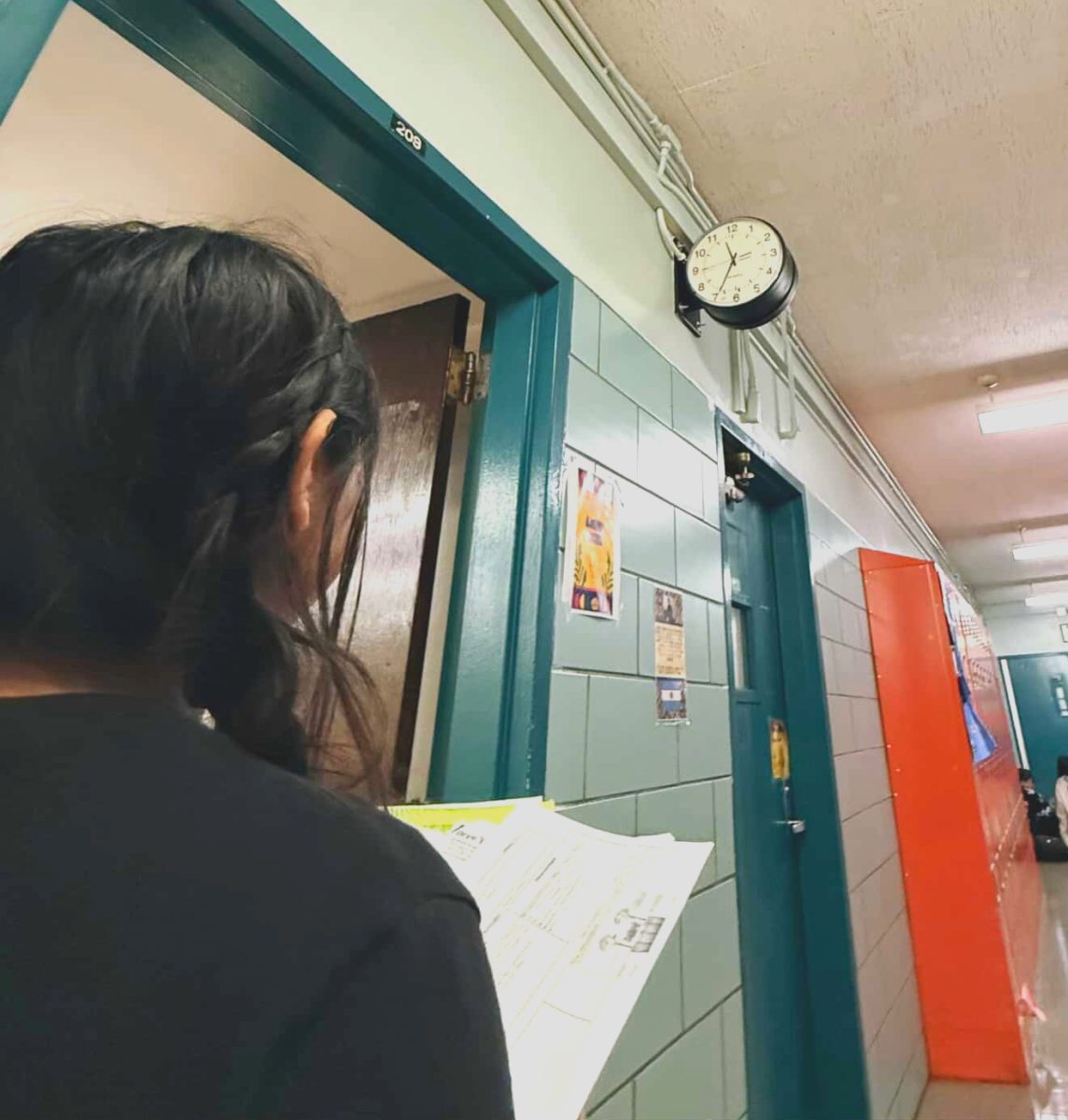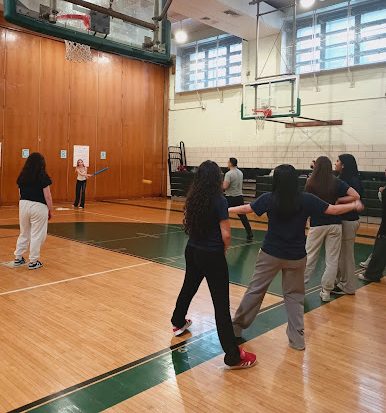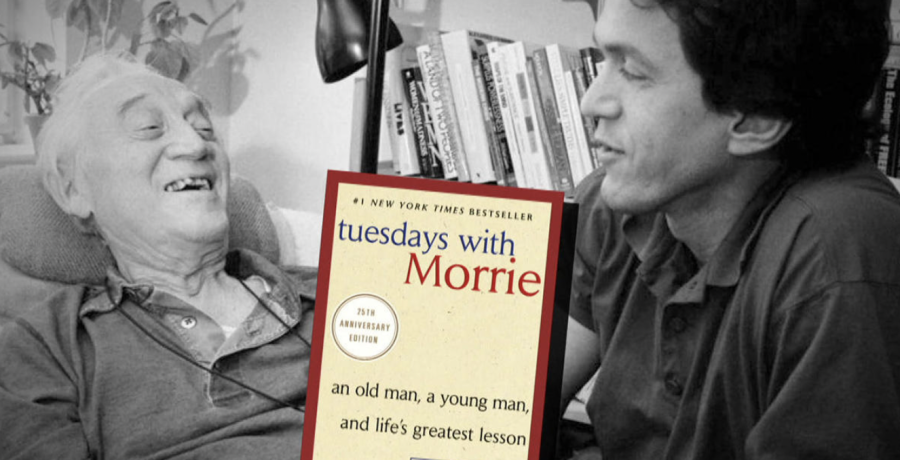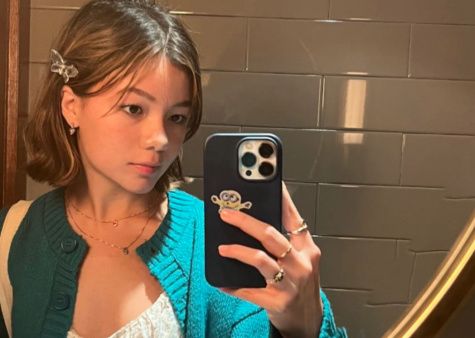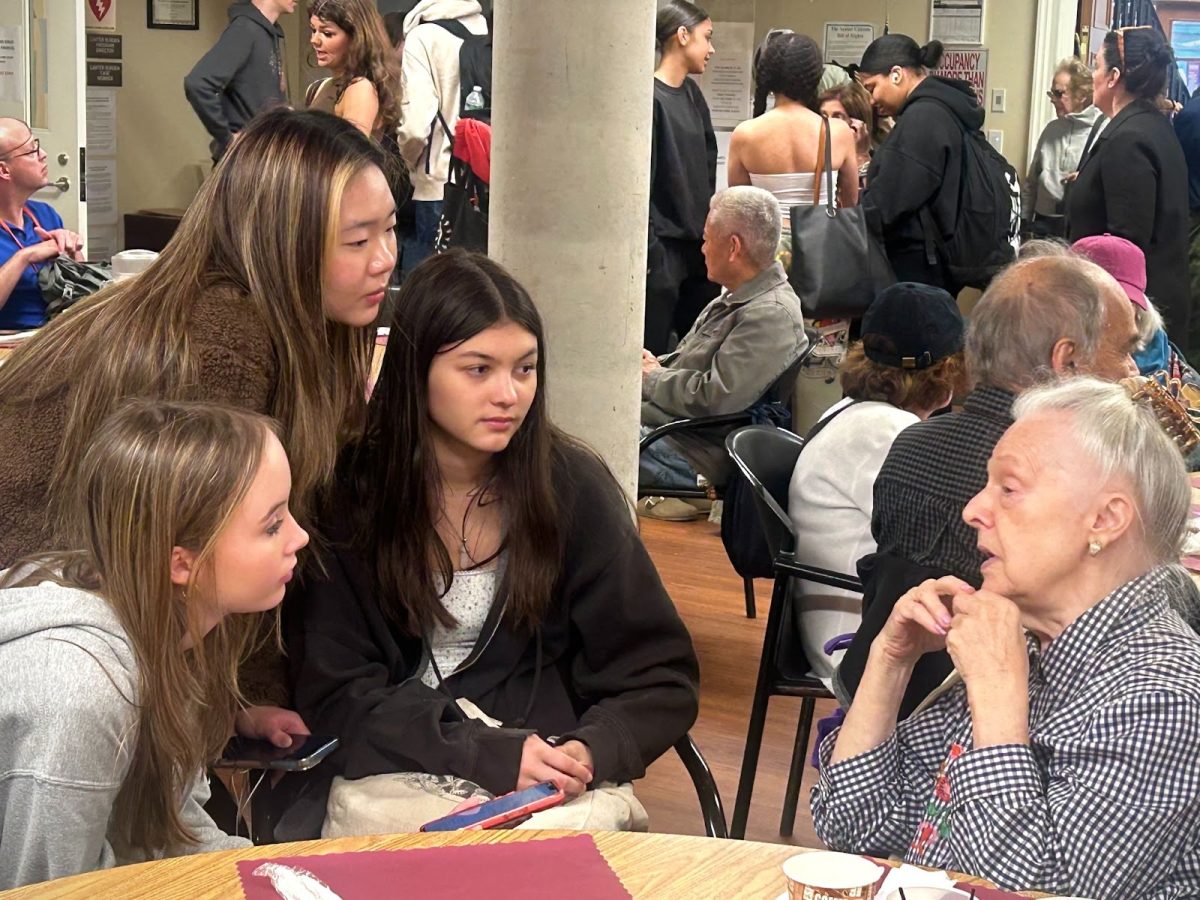What “Tuesdays With Morrie” Taught Me
November 14, 2022
“Death ends a life, not a relationship,” Morrie Schwartz, a former sociology professor and current philosophical mentor, preached. His disciple, Mitch Albom, went on to write a memoir titled Tuesdays with Morrie, which sculpts lessons on not only how to live, but also how to die. After fifteen years of absence, Morrie and Mitch rediscover one another again, except this time, it’s in the last stages of Morrie’s life.
Mitch Albom, Morrie’s final student, faces a final class where they touch upon a challenging theme. For the past 13 weeks, they have met every Tuesday in the solace of Morrie’s home to discuss the meaning of life. Together they dissect what it takes to create your own culture, exempt yourself from regrets and unfulfillment, but most notably, how to appreciate your family and acknowledge death all while still giving love to your partner, friends and family. Taught via the other’s experiences, Mitch expressed the profound impact Morrie had left on him in this memoir.
Tuesdays with Morrie is a remarkable chronicle of their time together, whereby Mitch exhibits Morrie’s magical gift of thoughtfulness, wisdom, and individuality to the world, condensing all the lessons and anecdotes he learned into one book. Tuesdays with Morrie originally began with the intention of helping Morrie pay for his medical bills. Today the book has sold over 17 million copies around the world.
Lessons
- Unless you learn to die, you’ll never be able to live
“Death ends a life, not a relationship”
The nature of death lies in the life that was once lived. Although death is inevitable, it’s not made to end the connections formed through it. Rather, the limited time we have helps us recognize how precious life truly is.
In the face of death, Morrie discovers all the aspects of his life that he genuinely admired, and separates them from the material possessions that he once thought made him content. Oftentimes, it is only in the imminence of death that we begin to realize what is meaningful in our lives. Morrie begs us to find this meaning before it’s too late, encouraging us to fix our morals and redefine our values. It is not our death that will be remembered, but the relationships and help we offered to our friends, our family and the broader community.
- The importance of mentors and teachers
“Have you ever really had a teacher? One who saw you as a raw but precious thing, a jewel that, with wisdom, could be polished to a proud shine?”
Though it’s not explicitly stated as one of the topics discussed every Tuesday between Mitch and Morrie, their warm relationship reveals to the audience the value and importance of having a mentor. Morrie became a guiding light in Mitch’s life after encouraging the latter to speak during lectures, and reassuring him that his mind was brilliant and that his ideas are valid.
Teachers play a huge role in their students’ lives. Each of us has the potential to become the best possible person we can be, but this comes with acquiring more experiences. Humans begin as oblivious and unacquainted, needing others to come along and transform us. The influence left on our lives by mentors and teachers can be even more dramatic than that of a family member or a friend.
Mitch demonstrates that the impact of guiding figures stick with us as we continue to move forward in life. “If you are lucky enough to find your way to such teachers, you will always find your way back.” In a way, teachers are like human textbooks. They teach us how to think and formulate our minds, but they also teach us how to become good-natured, independent people.
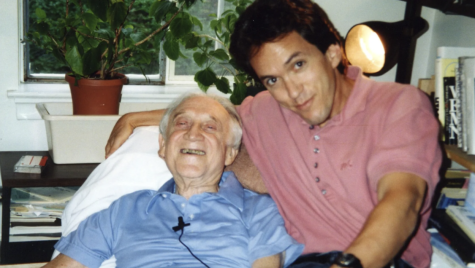
- The Gift of Silence
“Why are we embarrassed by silence? What comfort do we find in all the noise?”
You know you’ve found your person, whether it be a friend, a family member or a significant other when the still silence between the two of you isn’t awkward or uncomfortable, but serene and tranquil. Finding comfort in the noise around us acts as a shield for the feeling of being alone.
When Ted Koppel, a television interviewer, asks Morrie how he will continue to give his love when he can no longer speak, Morrie responds by telling us that the bond between two people isn’t dependent on speech or hearing; “We’ve had thirty-five years of friendship. You don’t need speech or hearing to feel that.”
Morrie believes that silence is a gift that shouldn’t be a cause for embarrassment. Despite all the noise we make together, there are only a select few whose we feel comfortable being silent around. Morrie and Mitch are acquainted with a refreshing rapport, where silence is recurring and their devotion for each other’s feelings goes beyond that of verbal communication.
- Accepting the need to forgive
“We need to forgive ourselves. For all the things we didn’t do. All the things we should have done.”
On the twelfth Tuesday, Morrie and Mitch discuss forgiveness. Odds are, holding a grudge has never accomplished anything, and when death is knocking at your door, are you really going to remember that one person from high school who wronged you? Throughout his life, Morrie learned that eventually we’ll all need to be forgiven by someone, and that the best way to prepare us for that day is to practice it yourself.
Morrie speaks of the human condition: holding pointless vengeance, the desire to do more and see more, and comparing ourselves to others. By doing so, we are ultimately unable to achieve everything we want. Regrets in life are inevitable, but as Morrie taught Mitch, many aspects of life are out of our control, and grasping onto what we didn’t do in our lives won’t change who we are. Morrie stresses how appreciative he is that he learned to finally forgive himself and others whilst he was dying, as it is impossible to truly forgive others until you have learned how to forgive yourself.
- Pause and experience life
While Tuesdays with Morrie covers a variety of topics, the most overarching lesson that Morrie emphasizes is the motivation to embrace everyday as if death were near. In Morrie’s youth, dance was a way for him to break free from a culture that didn’t allow him to feel good about himself. Morrie recalled himself dancing whenever and to whatever music was playing, without a single care about the stares he got or how he looked. In doing so, he was determined to create his own culture; one based upon strength, communication, and most importantly, love for one another.
As a society, we are so entwined in the worldly fragments of life that we don’t take the time to consider if it is really what we want. Humans are naturally hungry for love, and when we don’t receive this love, we mask it with materialistic items. However, it is impossible to substitute tangible things with companionship. On the ninth Tuesday, Morrie critiques humanity for never stopping to live life, and laments all the growth and love we have missed out on from being unable to reflect upon the true meaning of our lives.
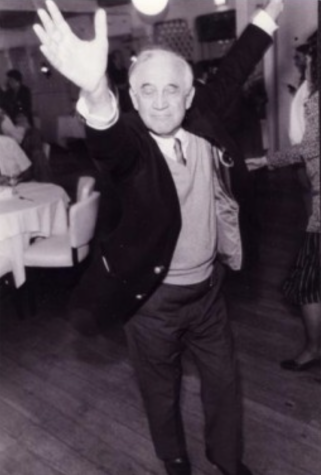
Conclusion
On the thirteenth and final Tuesday, Morrie lays in his bed, unable to speak and unable to hear, but still capable of love. Throughout all the pain, Morrie manages to tell Mitch that he is a good friend with a kind soul, and that above all, he loves him. When Mitch reflects upon the time he shared with Morrie, he looks back to his younger self, yearning to warn him of the mistakes that he has made in life. He wishes that his adolescent self had valued his family more and has redefined what he thought was dear to him early on.
Although Morrie was diagnosed with ALS, a terminal nervous system disease, his final moments are captured in a lifetime of wisdom. Morrie’s last disciple, Mitch, refers to this memoir as his final thesis— one that brings exuberance back to his teacher’s life.











